Within the first two minutes of The Power of the Dog, director Jane Campion’s first feature film in 12 years, there’s a shot that announces the movie’s preoccupations. A rancher—Phil Burbank, the domineering antagonist played by Benedict Cumberbatch—walks through a dull yellow landscape. With dry grass and a mountain in the distance, its contours are dappled by the shadow of a cloud. The scene is a glowing square in a wide black frame: we’re seeing him through a window, from inside a darkened house. There’s a table set with glasses, plates, bottles. Their translucent silhouettes pierce the picture of Western grandeur. It’s claustrophobic and voyeuristic, squeezing a character into a box while casting the viewer as a hidden observer. It’s a shot that will be employed multiple times throughout the film. The effect—stylistic, symbolic—is always striking.
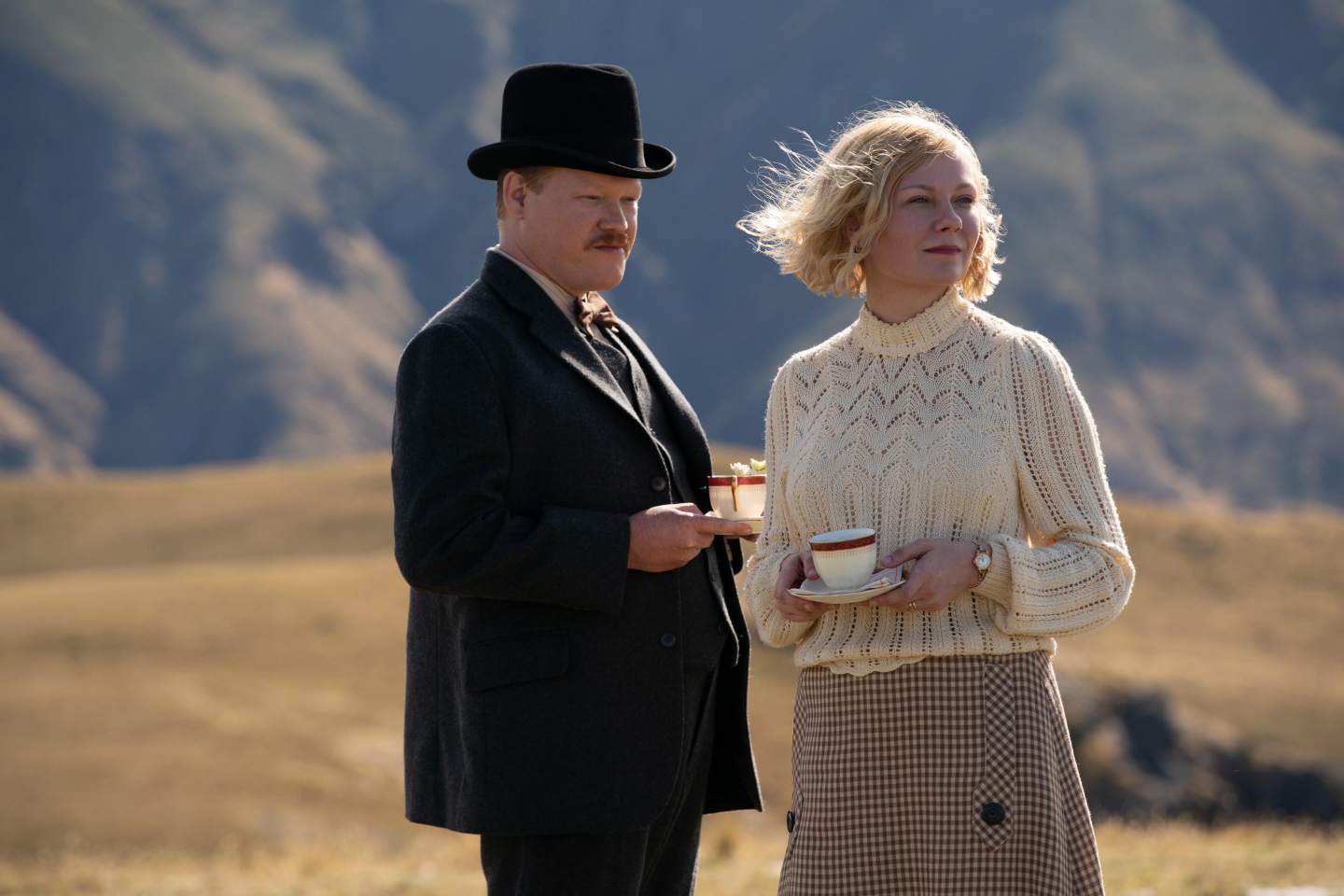
The Power of the Dog has mostly been characterized as a film about a man torturing his brother’s wife. When Phil’s brother (an affable Jesse Plemons) marries Rose (Kirsten Dunst), a widow with a teenage son (Kodi Smit-McPhee; lank personified), Phil torments Rose in tiny ways—whistling as she tries to practice the piano, say, then taunting her when she can’t perform at a dinner party—that cause her to unravel. But this is maybe a quarter of what it’s actually about, which is appropriate, since Campion is committed to creating an atmosphere in which nobody and nothing is what it seems. Phil is rough and cruel and, in a few scenes, achingly tender and achingly alone; Peter, Rose’s son, is a gentle boy who loves his mother and wants to be a doctor, wants it enough to dispassionately dissect a rabbit he was cuddling two scenes ago. This push and pull between brutality and gentleness animates the film.

Campion is a subtle filmmaker until she isn’t, which is no criticism. She understands how to build drama, how to let subtext linger, how to hint. This restraint is what imbues her characters with enough mystery to feel alive. But she also knows when to explode. The Power of the Dog has a quieter climax than some of her other work (The Piano, say, or the excellent limited series Top of the Lake), but it’s no less powerful—or unsettling.
In fact, Rose’s descent into alcoholism is the least deft part of the film: her breakdown comes a little too quickly to be believable. Dunst gives a fine performance, but Rose is a catalyst for the story, not the story itself. The central conflict is acted out between two kinds of men: those who hate women as interlopers; and those who love women, or at least believe they must protect them to be men at all.
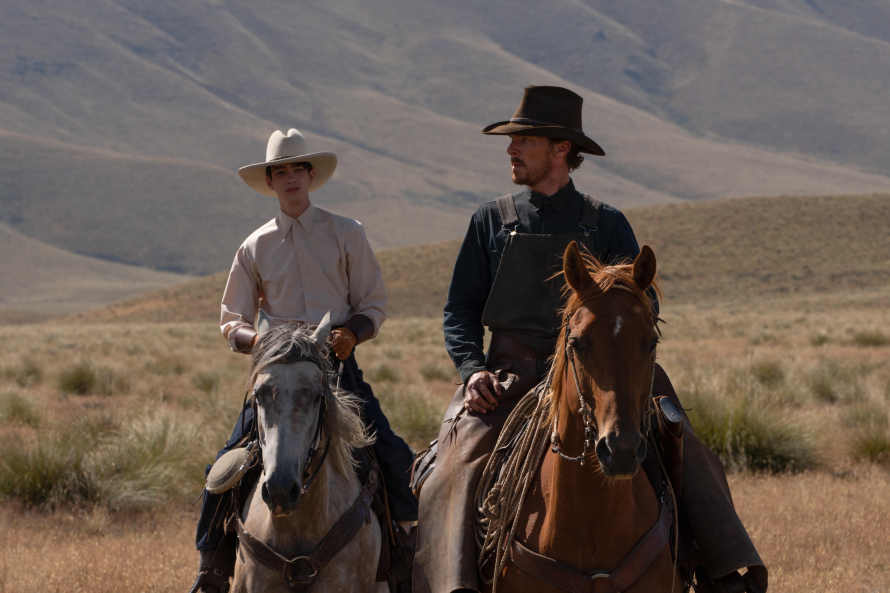
In that spirit, Phil and Peter’s shifting relationship dominates the second act. Cumberbatch is indeed very good, appropriately flinty and never less than charismatic (although I do suspect part of the intense acclaim comes from how much critics love to see a classically trained Brit do Americana). But it’s Kodi Smit-McPhee who surprises. His physicality in occupying a shy, awkward, somewhat creepy teenager is amazing—Smit-McPhee is 25 yet comes across as an adolescent who only grew knees last week. It’s a coming-of-age performance for an actor best known for voice roles and CGI swill like X-Men: Dark Phoenix. As Phil and Peter circle each other, slipping from enmity and abuse to mentorship and even something like sensuality, both actors find a coiled tension that is hard to look away from.

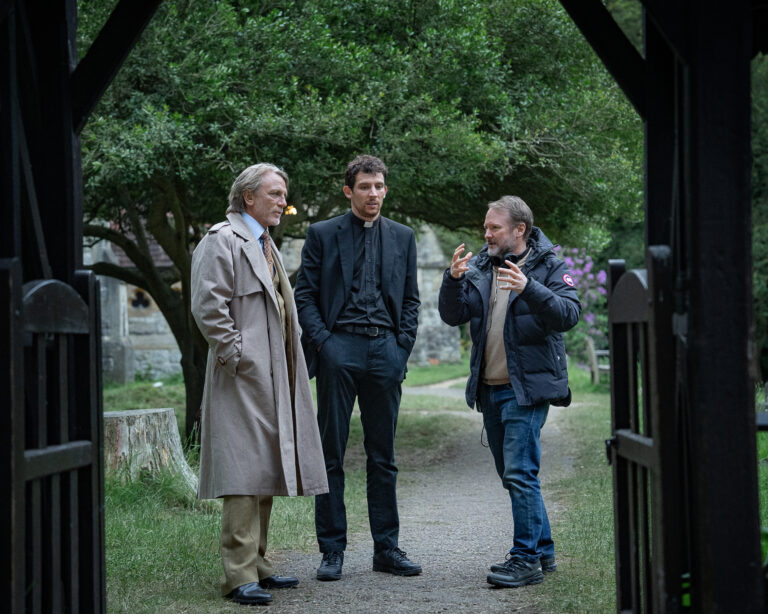
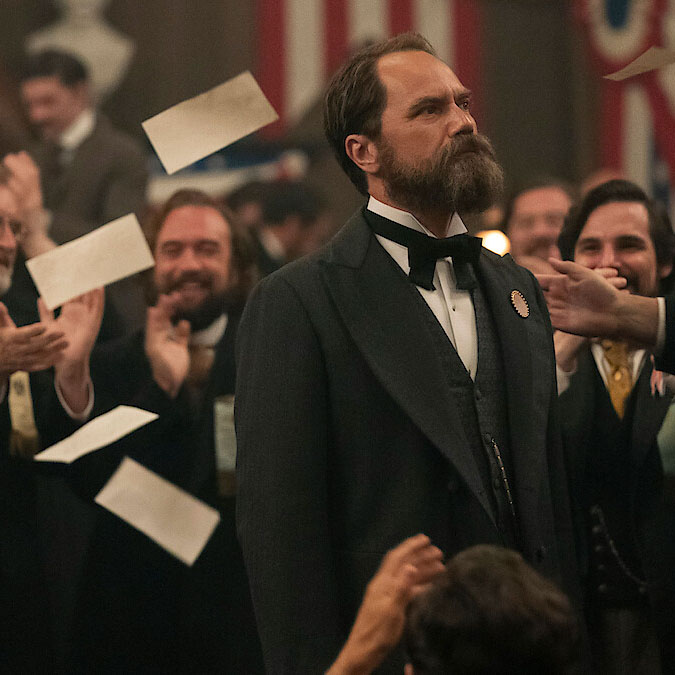
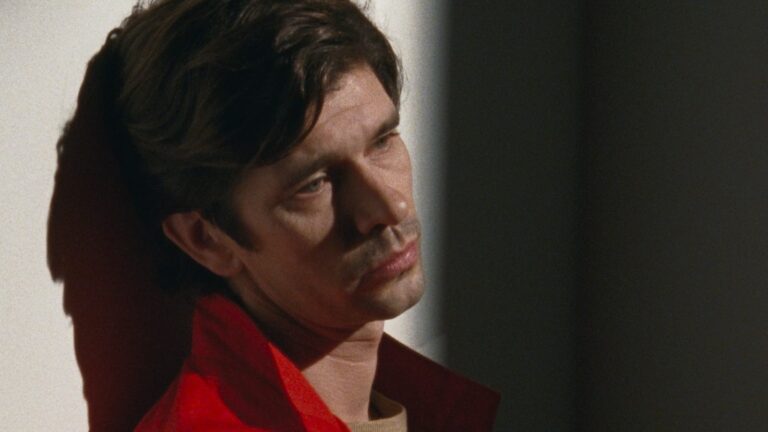
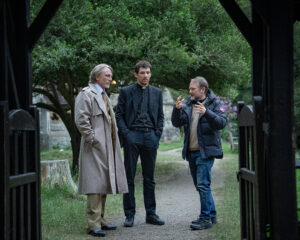
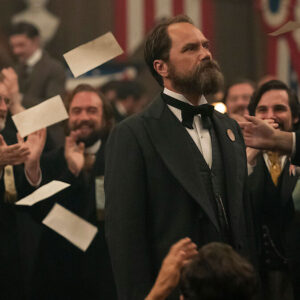
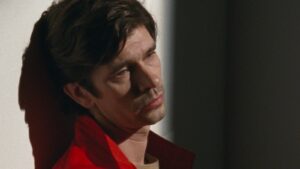



 in your life?
in your life?

